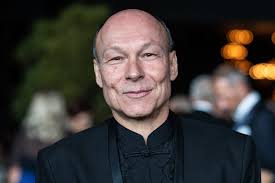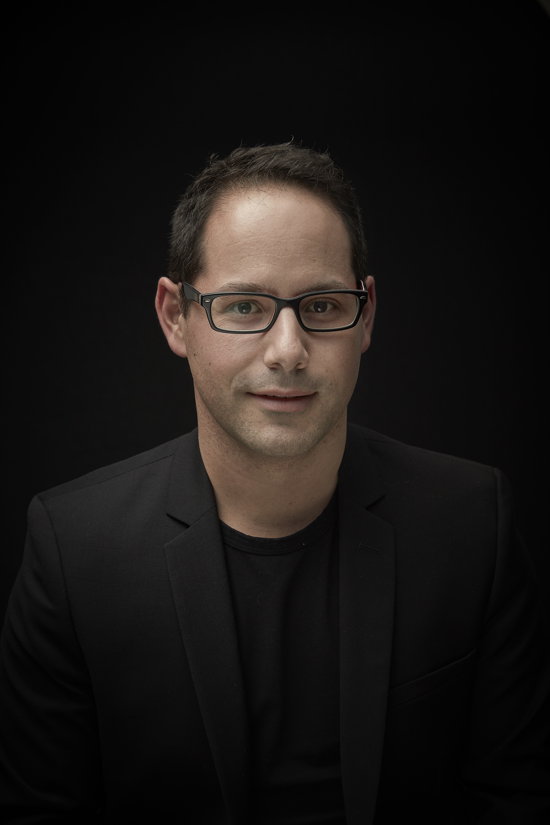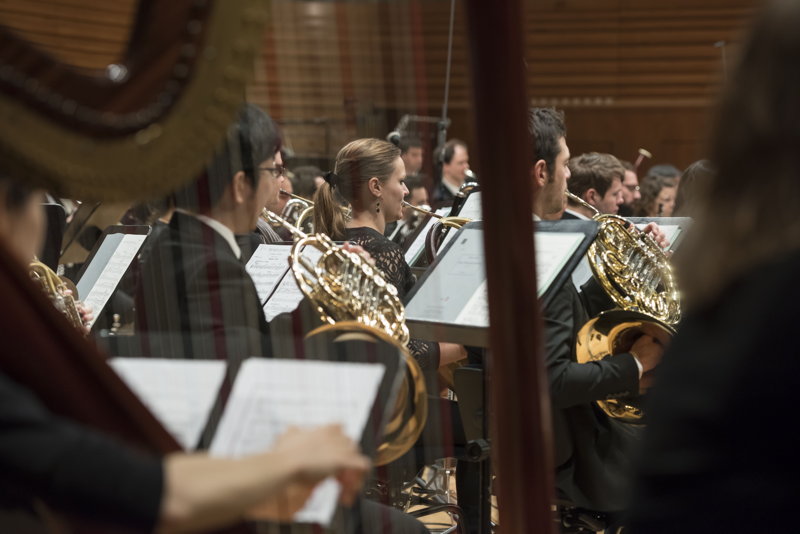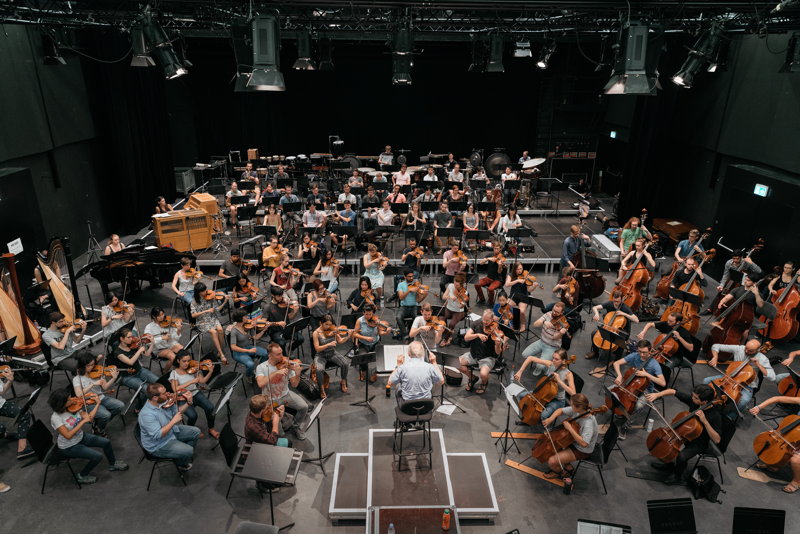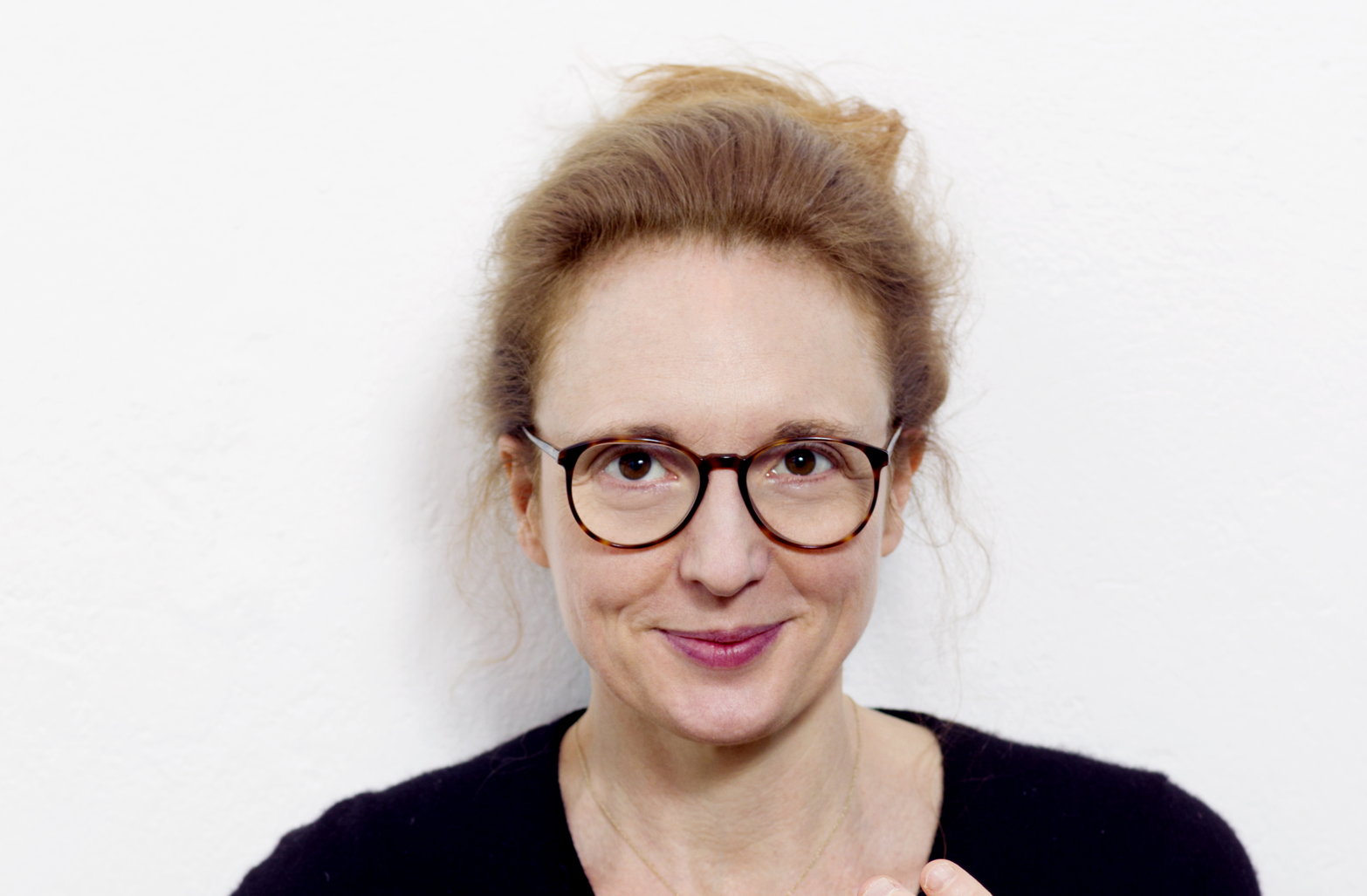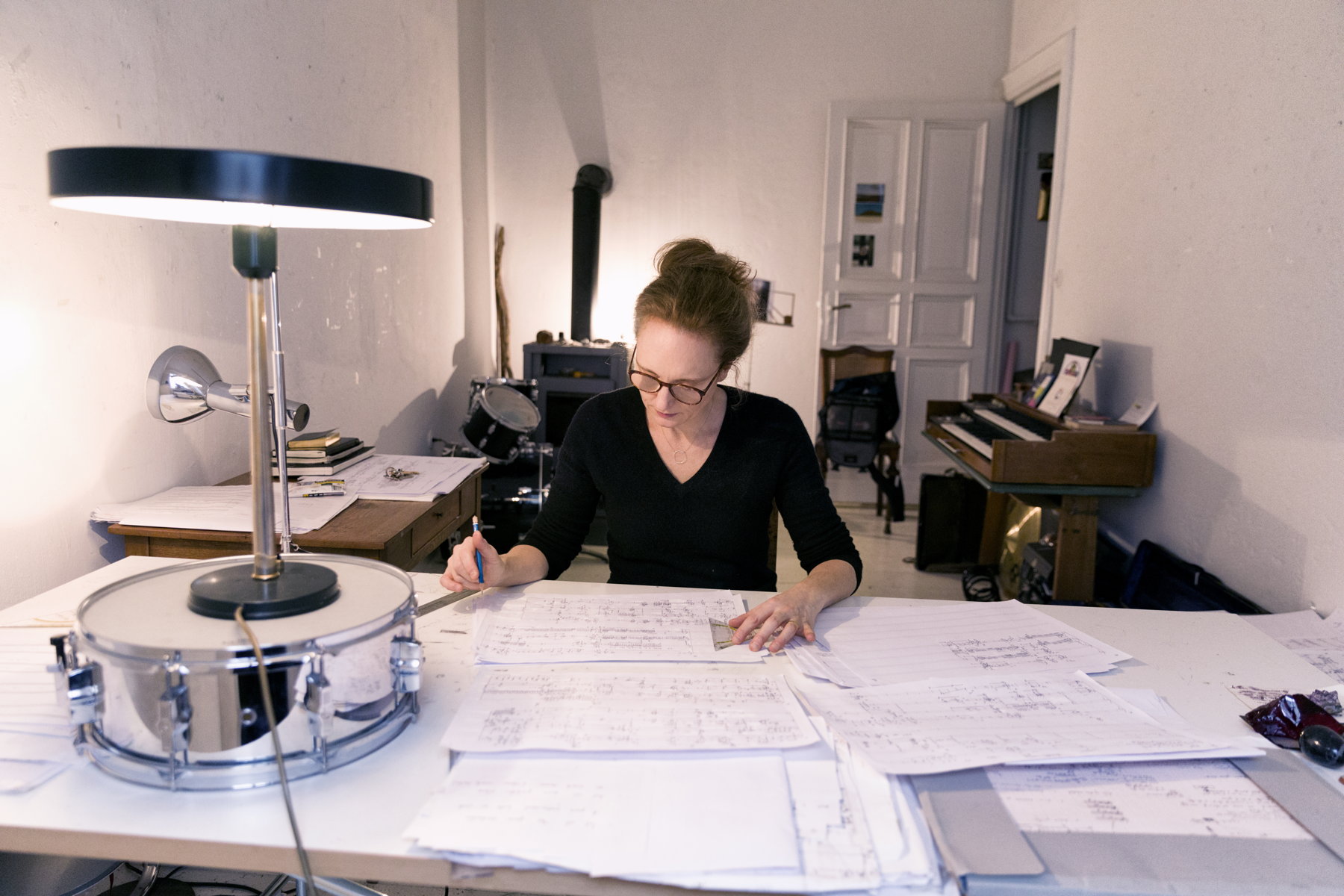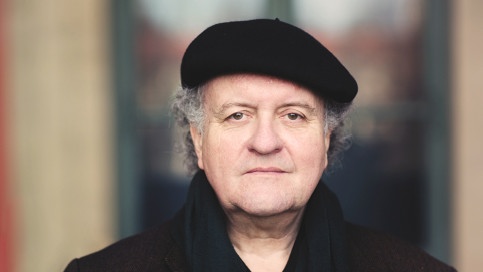A portrait of cellist Sol Gabetta by Florian Hauser
Sol Gabetta, cellist, cosmopolitan and Swiss by choice, was awarded the Grand Prix suisse de musique 2024
Florian Hauser
What does it take for a global career in classical music? Talent, luck, a strong personality and last but not least, the willingness to get involved in teamwork, i.e. working with an artist agency, press agency and record label. Sol Gabetta does it all.
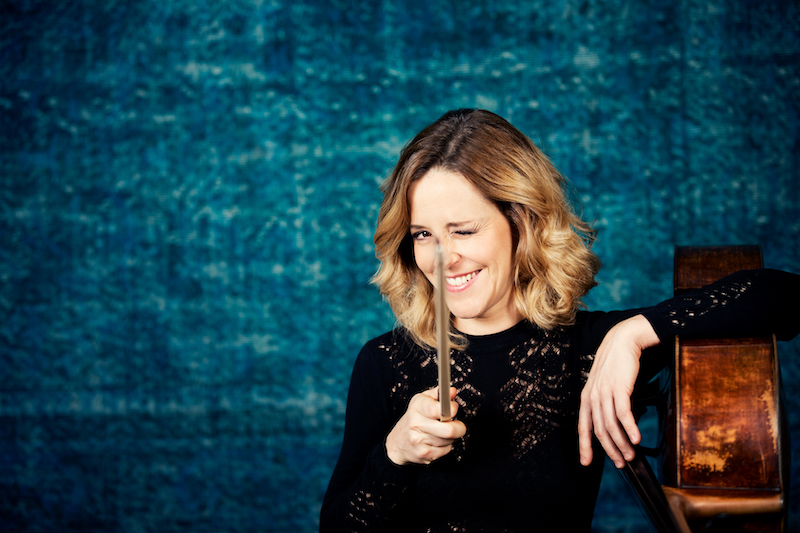
When her career began, thirty years ago, she would never have dreamed of it. ‘I was a romantic musician, a young woman with high hopes of getting to know everything about art and music – everything was open.’ After the happiness of a sheltered childhood in Argentina, where Sol Gabetta was encouraged to the best of her ability, developped her passion and became a strong, self-confident person in a protected space, she took off. In 1998, at age 17, she won the 3rd prize at the prestigious ARD Music Competition. In 2004, something like a turbo ignited: the Credit Suisse Young Artist Award brought her maximum attention. She founded her own festival, won one prize after another and soon the big orchestras – like Vienna Philharmonic Orchestra, London Philharmonic Orchestra and many others – were lining up. Festivals invited her, and from 2010 she was also featured in the magazine KlickKlack on Bavarian television, since then Sol Gabetta has been omnipresent in the media.
Teamwork is everything
One thing leads to another. A CD label, an assistant, an agency, Sol Gabetta begins to build a team around her and has a knack for it: “You develop fine and sensitive antennas to sense what you really are, what you really want.” She trained in Basel with cellist Ivan Monighetti, who is still a coach for her today when she needs him. She met Christoph Müller, who increasingly mutated from cellist to music manager, was her partner for a time and now looks after her Swiss management, including her Solsberg Festival. She met her current partner, the violin maker and restorer Balthazar Soulier, who can take care of all the minor and major issues of her almost 300-year-old Goffriller cello or the Stradivarius cello from 1717.
Largely thanks to a large network in the background, Sol Gabetta is as free and uncompromising in the organisation of her tours as she is in her choice of repertoire: ranging from all eras to the comtemporary works such as the Concerto en Sol, which grandmaster Wolfgang Rihm wrote for her four years ago.
Wolfgang Rihm, Concerto en Sol, Cellokonzert für Sol Gabetta (2018-19), Kammerorchester Basel, conductor Sylvain Cambreling, concert recording world creation: Victoria Hall Genève 2020.
The volcano
“I’m a bit like a volcano, but a calm one. I really do have this clarity about what I’m looking for and which path I want to take. Of course, there are also uncertainties and that’s why I just try to have important people around me.” Discipline and routine are also important. “As soon as I wake up, I actually do the most important thing: practise. The learning process in my brain needs to be fresh, and the few hours I have left in the morning are golden.”
Sol Gabetta is a happy example of how a soloist floats through the market. She knows how to act on and off the stage with the right instinct, positive charisma and an engaging personality, with the necessary drive and enthusiasm to inspire the audience.
Florian Hauser
ARD Musikwettbewerb, Credit Suisse Young Artist Award, Wiener Philharmoniker, London Philharmonic Orchestra , KlickKlack, Ivan Monighetti, Solsberg Festival, Gautier Capucon, Jean-Guihen Qeyras, Nicolas Altstaedt, Truls Mörk, Daniel Müller-Schott, Bruno Philippe, Johannes Moser, YoYo Ma, Giovanni Antonini, Simon Rattle, Christian Thielemann, Jacqueline du Pré, Alisa Weilerstein, Julia Hagen, Wolfgang Rihm
broadcasts SRF Kultur
Passage, SRF Kultur, 13.9.2024: Teamwork ist alles. Cellistin Sol Gabetta und das Musikbusiness, author Florian Hauser.
Musikmagazin, Grand Prix suisse de musique für Sol Gabetta, SRF Kultur, 25.5.24 (ab Min 06:00): Talk: Sol Gabetta im Gespräch mit Florian Hauser.
neoblog, 10.1.2020: Melancholische Eleganz – Wolfgang Rihm schreibt für Sol Gabetta, author Gabrielle Weber.
neo-profiles
Sol Gabetta, Wolfgang Rihm


